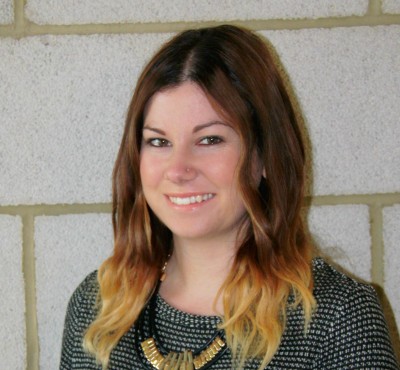In this lesson, let your students say what they really think, and you’ll be surprised how creative their language becomes.
Have pupils mind-map from an evocative image, debate their findings and opinions on it and have them justify their declarations.
Download contents: 1 x PDF lesson plan














